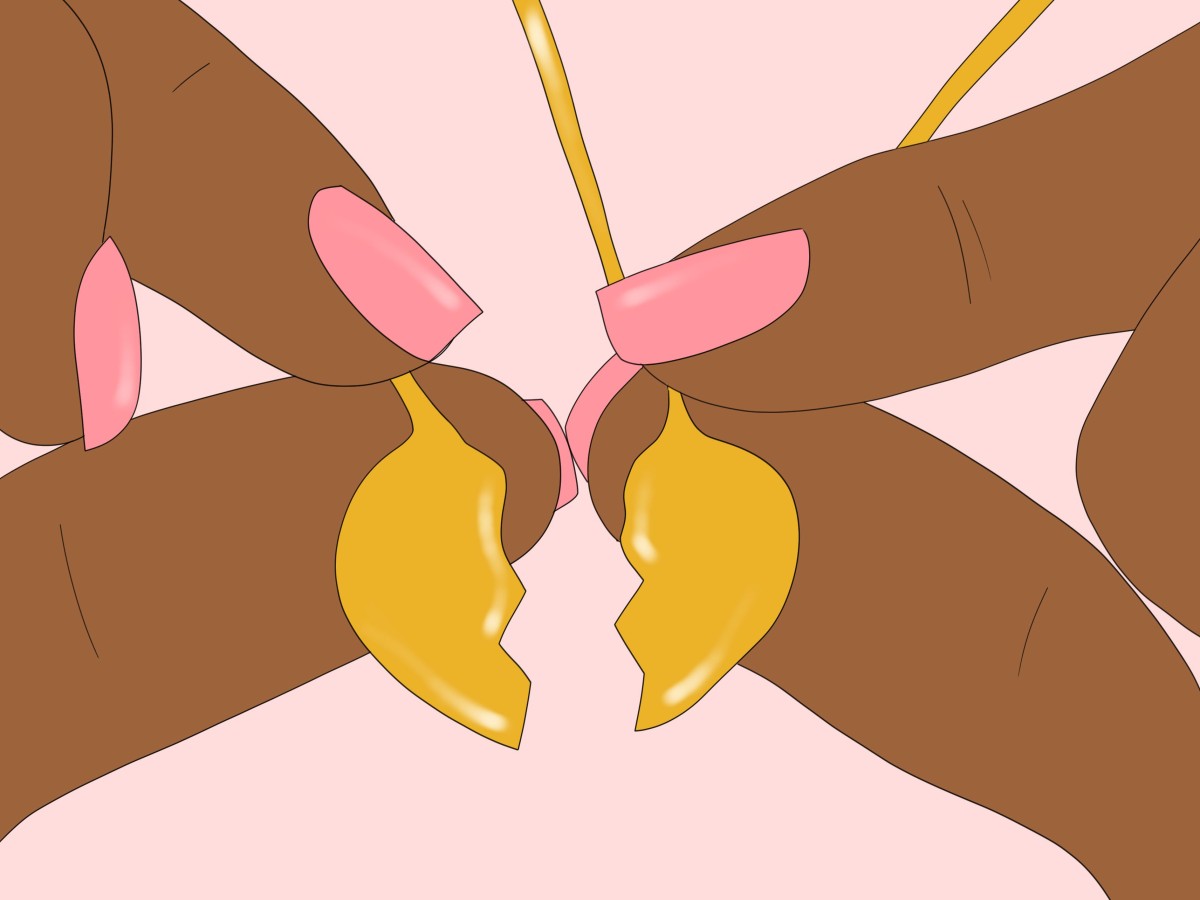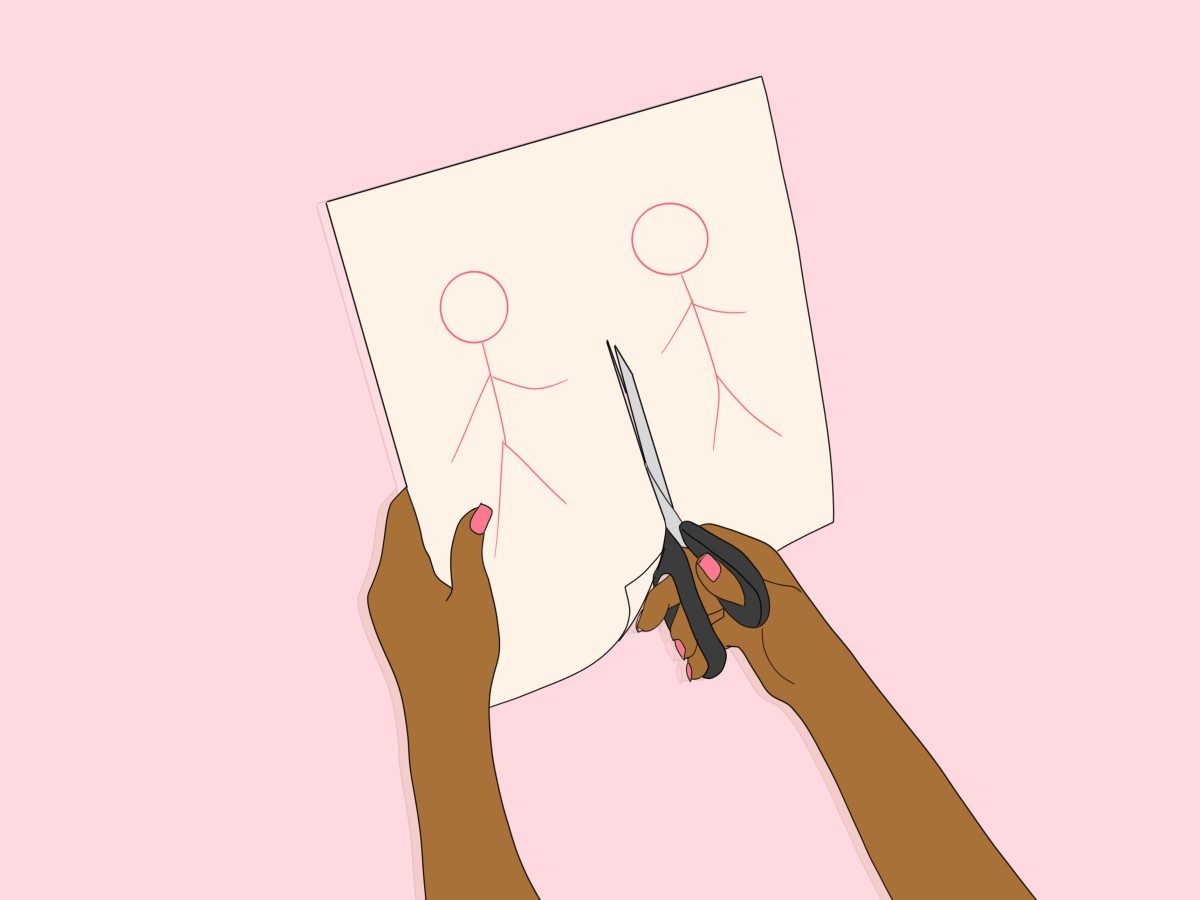Sometimes the red flags are all there, and the alarm bells are blaring – am I a toxic friend?
Realising you could be a bad friend
As the clock struck midnight to mark the turn of 2022 there was one thing and one thing only which I was manifesting: career success. I wanted 2022 to be a year of abundance and opportunity, which, just to clarify, there is nothing wrong with. As a creative who is approaching their last few months at university, the prospect of entering the ‘real world’ is daunting. Post-university I aspire to go into the publishing industry which is highly competitive, therefore I felt now was the time to boost my CV, to branch out and claim any opportunity I could get my hands on. However, I became so goal-oriented to the detriment of my friends and the people who I love.
Under capitalism, we all become too focused on our own productivity and ‘living to work.’ The need for success can sometimes mean we forget the people who actually matter. Being a student means that your leisure time is finite and I had chosen to eat away at more of my disposable time with work experiences. Work had quickly become my life. My friends were also busy with work, studying, and all their extra-curriculars or volunteering. However there was one key difference between my friendship group and myself, they all knew how to prioritise. It is a gut-wrenching epiphany but work-life breeds being a bad friend.
Friendships & work-life balance

Good friends recognise that life is simply crazy. As we grow older we accept it becomes harder to organise social plans. It is a weird transition to experience in your twenties as you spend time with your friends less and less. True friends appreciate this and don’t give you grief for having a busy work life! But, and it’s a big one, my point is – and what I’ve come to realise – there is a fine line.
I would constantly be a source of negative energy to be around due to how much I was prioritising work, forgetting that my friends were also stressed too and actually needed me. My gut was telling me something was off in my friendship group – I needed to confront my toxic traits: my tunnel vision surrounding my degree and my career had made me too insular. I needed to step up. My friends didn’t expect me to sacrifice my chances for career progression for them at all, but in cancelling plans or ‘flaking out’ all the time, I had indirectly projected the message that what I’ve got going on was more difficult or more important than what they had going on. They could make time for me but I couldn’t make time for them.
Capitalism is making us toxic friends
Capitalism is killing our friendship groups. We now expect our friends to be transactional, such as from ‘networking’ or ‘friendscaping’, the concept of pruning your friendship group to a select few who serve you (citation 1). I was handing out scraps of time to my friends as and when it suited me, and I was expecting them to just sit with that. Daisy Schofield, writer for i-D, encapsulates the modern-day focus on individualism perfectly by using Molly-Mae Hague as a case study:
In her now-infamous appearance on The Diary of a CEO podcast, Molly-Mae says she doesn’t have many friends; she’d “rather just focus on making money and being successful”. Molly-Mae’s hyper-glamorisation of the hustle is symptomatic of a belief that work is not only necessary for economic production, but is also the crux of one’s identity and life’s purpose. For those who worship at the altar of productivity, friendship is just another sacrifice.
‘Girlboss’ culture promotes that we should focus on ourselves – which we’re allowed to every so often – but to the extent where your time is seen as a precious commodity never to be shared. We are told to ‘cut toxic friendships’ but what if these ideals are precisely what is making us toxic? What about community and supporting each other? What about giving back to my friends who gave me moral support along the way? I know these may not seem like outlandish revelations and appear like common sense, but it is so easy to forget where neoliberalism values us according to how much we work.
Steps to successful friendships
1. Acknowledge you haven’t been a great friend
Recognition is the hardest part, but once you’re aware, you can resolve.
2. Recognise what you want in a friend
This really helped me step up. What you need may not always be what your friends need, but it is good to recognise your wants and desires in a friend. Whatever these traits may be you can then apply them. For me, I just want someone who will listen (but make sure the other person has the capacity too – it is not always easy to listen to someone vent).
3. Communication, communication, communication
Now is the time to turn around to your friends and say, I know I haven’t been around and I’m sorry. I’m now going to do better. Let me know what you want, and I’ll let you know what I need too. Let’s talk in future if one of us is being toxic.
Works cited
1. Kate Murphy, ‘How to Rearrange Your Post-Pandemic “Friendscape”’, The New York Times, (7 June 2021), <https://www.nytimes.com/2021/06/01/well/family/curate-friends.html> [Accessed 22 March 2022].
Find more relationship articles here >
Written by Phoebe Bowers
Illustarted by Francesca Mariama

